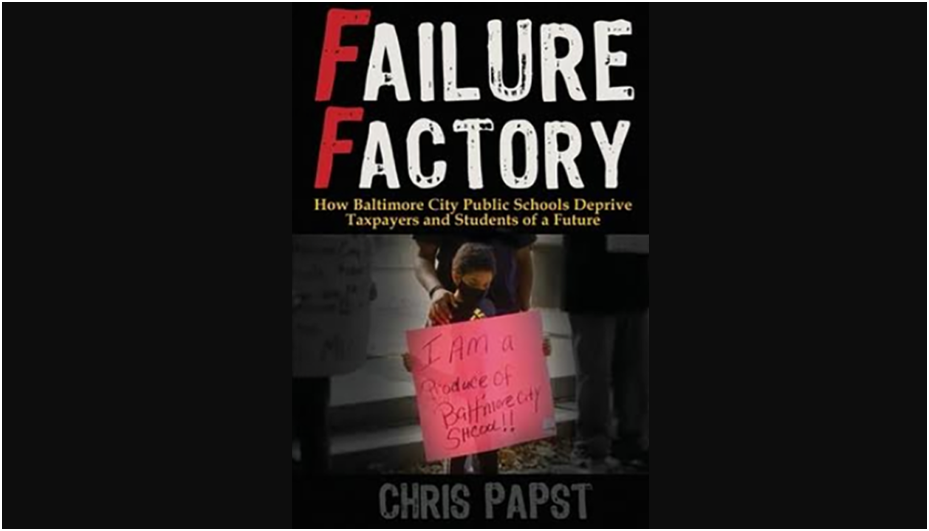
Interview Educators After They’re Hired, Too. Here’s Why
It’s recruiting season, and administrators are sharpening their interviewing skills in the hopes of identifying and attracting top talent. But, according to human resources experts, the hyper-focus on prospective hires addresses only part of what’s needed to fill the vacancies that continue to plague schools nationwide.
The oft-overlooked other half is retaining strong employees. And just as in recruiting, say HR pros, retention should involve conducting interviews—with both current and departing employees.
“Administrators have an outsized impact on teachers’ satisfaction and their decision to stay in their jobs,” said Heather Peske, president of the National Council on Teacher Quality. “We know their leadership is hugely influential as to whether teachers leave or stay, especially for teachers of color and those in more challenging school environments.”
Feeling supported by administrators matters to employees
Recent research offers proof of the extent to which leaders have an influence on retaining employees. In a meta-analysis of over 70 studies about the effect of perceived organizational support in the workplace, support from supervisors ranked as a leading factor contributing to employees feeling valued and cared about. The study also concluded that employees who felt supported by their supervisors were more likely to remain with the organization.
Yet half of all teachers surveyed in a 2019 nationwide report said they did not feel a great deal of support or encouragement from their school’s administration. In a separate national survey conducted in 2022 by the EdWeek Research Center, 52 percent of respondents—educators who had left a job in K-12 education within the past year—said they would have stayed if they’d had a more supportive principal or manager.
The how’s and why’s behind different types of employee surveys
HR experts recommend that school leaders conduct interviews with employees to grow their feelings of support and subsequent loyalty. Some suggest what they call engagement or “pulse” surveys. Others recommend using employee focus groups. A growing number are leaning on “stay interviews” with key employees. Still others see the value in exit interviews, even if those employees are already on their way out. The common denominator among each of these exchanges is that they demonstrate interest in what employees have to say.
Quick check-ins
Such interviews don’t need to be complex and time-consuming. Kirk Koennecke, the superintendent of Indian Hill Exempted Village School District in Cincinnati, is a fan of the 15-minute interview that a supervisor conducts, usually mid-year, with individual employees. “It’s a pulse check for direction and coaching/mentoring,” he said.
He breaks down the meetings into five-minute increments. The first five minutes encompass “a complete deep listening activity for the evaluator,” said Koennecke, a reflection he said might begin with a prompt by the interviewer, such as: “Tell me what’s going on.” The second five-minute phase involves questions posed by either party, based on the first five minutes. The last five minutes involve both parties discussing immediate next steps.
“Five-minute increments can be powerful if you listen and ask good questions,” Koennecke said.
In addition to making employees feel supported, getting their input can also allow employers to gauge overall employee morale. That’s a key goal for Brian White, the executive director of human resources and operations at Auburn-Washburn USD 437 in Topeka, Kan., which administers a once-a-year engagement survey with staff.
“It provides a foundation for getting a pulse on where our employees are, how they feel about their environment, and their supervisor,” said White.
Feedback on exit and stay interviews
Other HR professionals recommend interviewing only those employees whom the organization deems extremely valuable. That is a core element of the stay interview, conducted with employees whom organizations hope to retain.
“Irreplaceables” is how Emily Beck described the subjects for the stay interview. She suggested that, in any given school, this would comprise about 20 percent of a school’s teaching staff. A human capital management system administrator for Arizona’s Maricopa County, Beck said that irreplaceable educators encompass both top-performing teachers as well as those identified as “flight risks”—valuable teachers whose departure for other opportunities would have a negative impact throughout their school.
Victor Diaz, the director of human resources at Arizona’s Phoenix Elementary School District #1, explained the significance of singling out specific employees as part of the stay interview.
“This has to feel different, special. Being exclusionary is part of the power of it,” he said. “It’s about listening, responding, and elevating the voices of our best people.”
Gladys Cruz, the district superintendent of Questar III Board of Cooperative Educational Services in Castleton, N.Y., said her district had a history of administering exit interviews to departing employees. But since the pandemic, Cruz found that the exit interview question, “Why are you leaving?”, typically resulted in the same few responses: “I have different priorities,” “I want to spend more time with my family,” or “I’m taking a job closer to home.” Feeling there was little the district could do to change these responses, she pivoted away from exit interviews and, instead, leaned into stay interviews.
“We started doing the stay interviews with key personnel that we really want to keep,” Cruz said.
She has seen results. Employees eligible for retirement have been among the stay interview subjects. After participating in the interview, said Cruz, some decided to postpone retirement.
While HR experts like Cruz see bigger benefits in engaging existing employees rather than those departing, others see the value in both sets of interviews, but for different reasons.
“One reason we use exit interviews is to prepare for the transition in properly off-boarding and on-boarding,” said Diaz. “All that experience, insight, institutional knowledge, relational capital, and momentum just goes out the door when people are not properly off-boarded.”
Dig Deeper With Our Longreads
Newsletter Sign up to get our best longform features, investigations, and thought-provoking essays, in your inbox every Sunday.
The MEN was founded by John Huber in the fall of 2020. It was founded to provide a platform for expert opinion and commentary on current issues that directly or indirectly affect education. All opinions are valued and accepted providing they are expressed in a professional manner. The Maryland Education Network consists of Blogs, Videos, and other interaction among the K-12 community.








